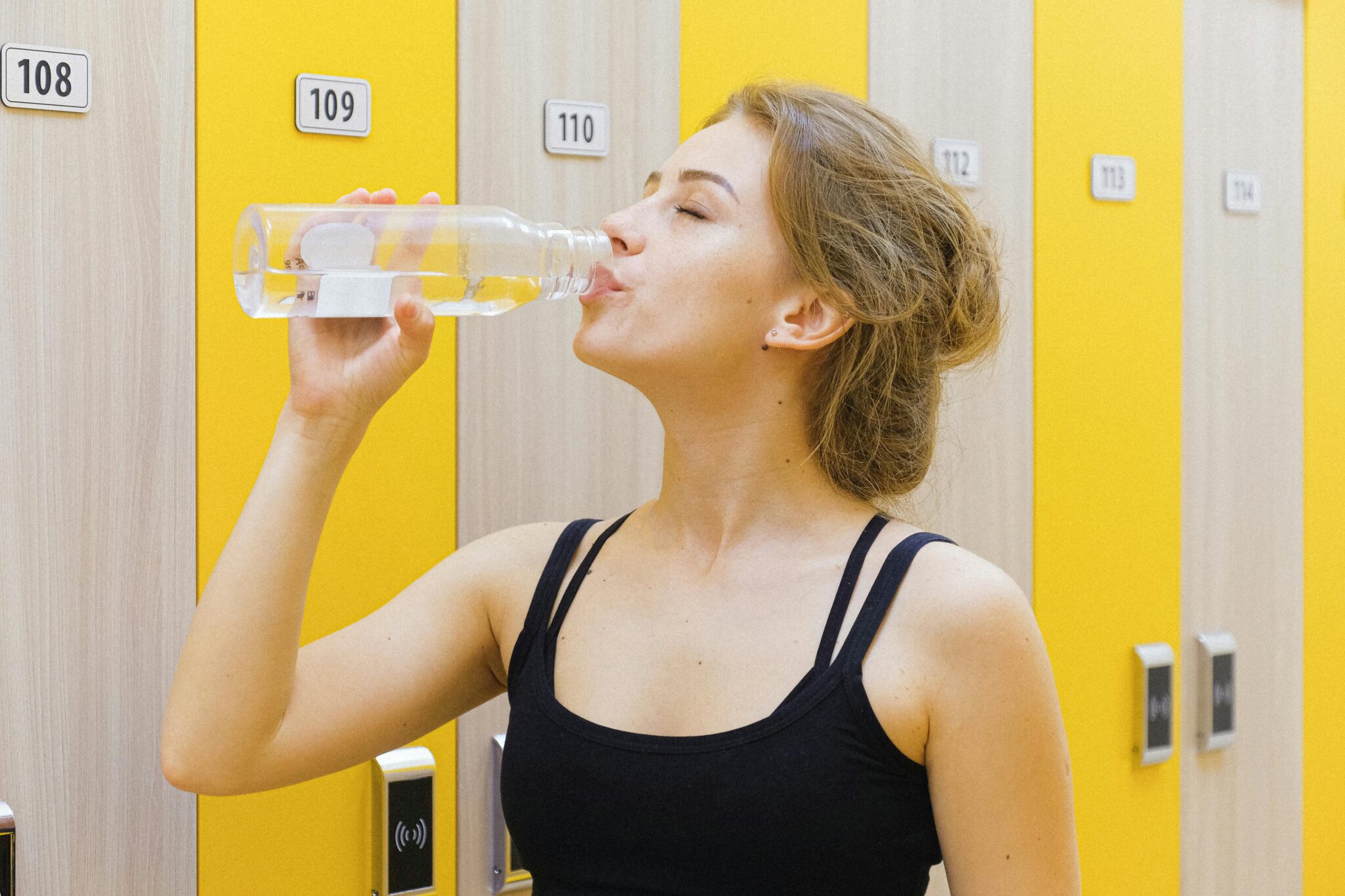how many liter of water to drink in a day? Probably the most crucial necessity for people is water, and nevertheless many of us forget about it. Another important element, which should be pointed out in the context of the importance of proper diet, is the relation to water. But, first of all, how much water should one consume per day? This question has provoked attention and researcher interests to find answers to it.
“ Water is life, and clean water means health.”
Audrey Hepburn
Understanding the Importance of Hydration
The subject matter of this article will be the fundamental requirements of the body, the issue with hydration, the factors that influence it, and how one can be certain that they are fully hydrated each day.
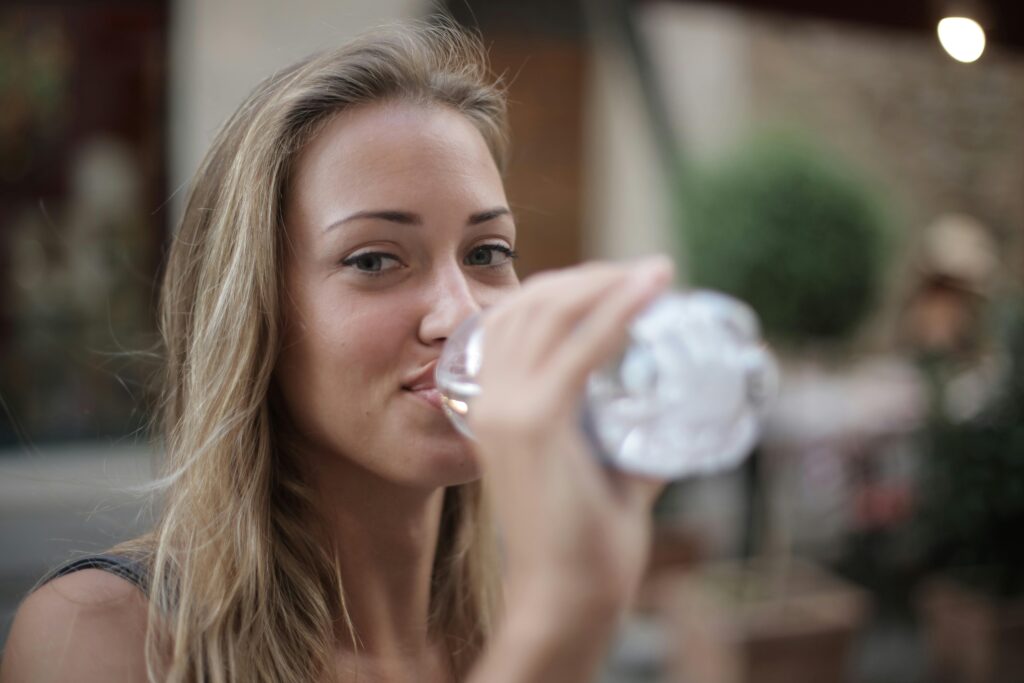
Since water is required for almost all bodily processes, it could be regarded as one of the most crucial factors in human life. I always thought that it is involved only in digestion and circulation of the foods and nutrients but never knew that it also helps in absorption of materials as well as excretion of such materials. This one works as the heat sink, shock absorber for bones, and the protector of the brain and spinal cord.
The effects of dehydration encompass headache, fatigue, skin dryness, dizziness, and other severe consequences such as formation of kidney stones and urinary tract infections. Prolonged lack of water can also impact on the ability to think and on athletic capability. Hence, to grasp the ideal amount of water intake in liters per day forms a critical point of departure to good health.
General Guidelines for Daily Water Intake
Thus, the requirement of water may differ depending on the parameters such as the age, gender, weight, level of physical activities as well as the climate. Nonetheless, there are some general procedures that can be taken into consideration.

NASEM also suggests a water-intake value slightly above 3L per day, which is recommended for sedentary adults. men: 7 liters (125 ounces), for women: 2. It is recommended that a woman should drink not more than 7 liters which is equal to 91 ounces. This also encompasses all the listed beverages excluding plain water, even the sports drink. It is estimated that people get 70 percent of their total daily water intake from water in foods with the rest they get from water in beverages.
As general guidelines, these are good starting points, but each girl’s situation can be vastly different. In correlation to my present situation, one should always take time to listen to his/her body and understand it in order to observe the appropriate amount of water intake.
Factors Influencing Water Needs
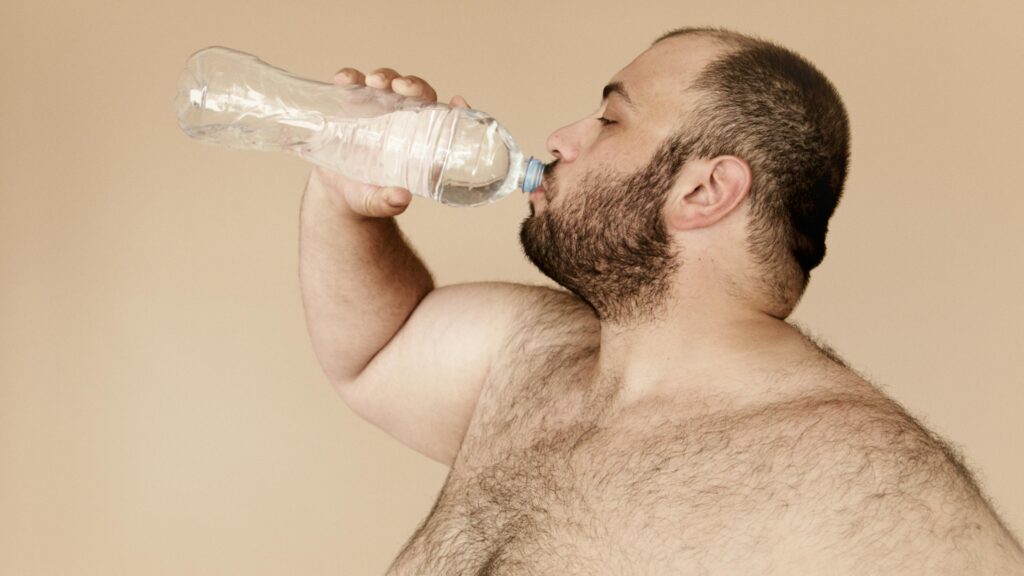
Activity Level
Activity level is among the biggest determinants of how many liters of water should be consumed on a daily basis. Physical activity raises your body’s demand for water, and this should remind you to drink more water more often. During exercise you become and spend quite much time sweating and it is important to replace this loss of water.
For athletes or persons who regularly perform the aerobically intensive activities, the American Council on Exercise suggest that athletes should drink 500 milliliters at least two hours before exercising, 250 milliliter after every twenty minutes of exercising and 500 milliliters of water for every pound of body weight that was lost during the exercise.
“ When the well is dry, we know the worth of water.”
Benjamin Franklin
- Climate
Another factor closely tied to your environment is the climate you live in; the amount of water you should take also depends on the climate. Relative humidity in the climate determines sweating rate and since high temperatures make people sweat more, the recommended water intake is higher. Likewise, altitude can raise your water intake volume because the rate of breathing and the frequency of urination increase as well.
- Health Conditions
It is with a genuine understanding of this background and in harmony with universally acknowledged principles that, with regard to the amount of water consumed, there are cases in which some health conditions can have an effect. For instance, when one is touched by fever, diarrhea, or vomiting, the body is bound to lose some of the liquids which implies that one would need to take more water. It is important that one takes more fluids if he or she is nursing or pregnant both for the sake of the mother and the unborn child.
- Diet
This is why your diet determines the amount of water that you have to take throughout the day. Fruits and vegetables represent proper intake of fluid due to high water content of most foods of this nature. On the other hand, the taking of salty and sugary foods and most proteins will cause the loss of more water, and therefore people will require more water.
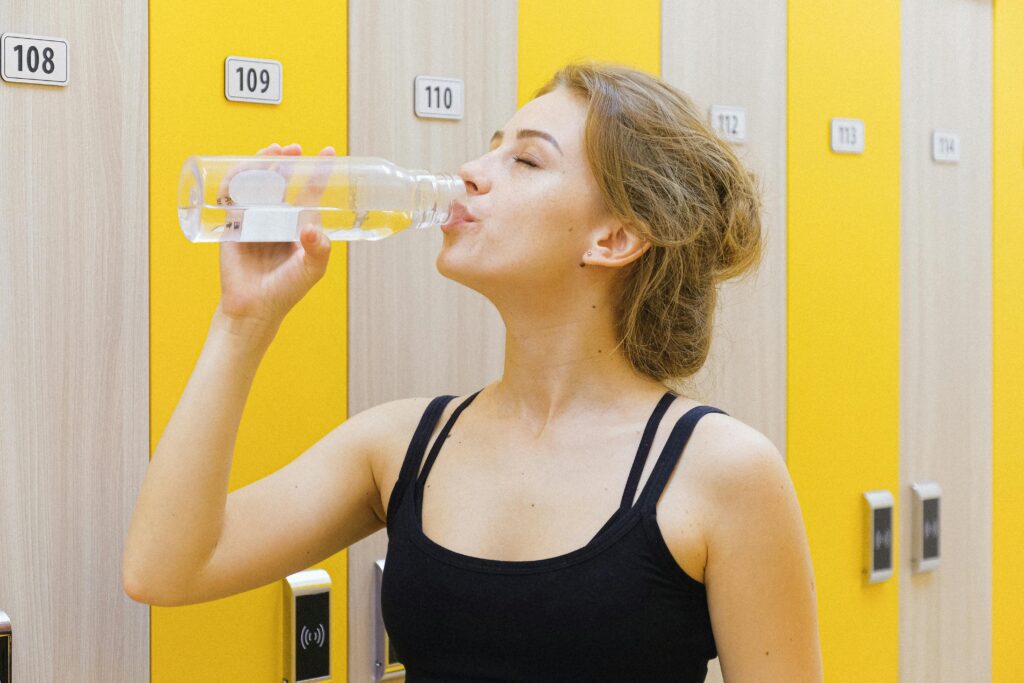
- Individual Differences
This statement also holds true, as body size, metabolism, and other aspects distinguish one person from another, and therefore can dictate how many liters of water is safe to consume per day. Athletes or physically larger people may need more water or people with a higher basal metabolic rate.
Practical Tips for Staying Hydrated
Gaining knowledge about the exact amount of water that one should consume in a single day is very crucial, but this is not enough. The application of this information into one’s day-to-day activities plays a pivotal role in correct hydration. Here are some practical tips to help you stay hydrated:
- Carry a Water Bottle
A simple Method of practicing adequate water intake is to have a water bottle that you will take with you wherever you go throughout the day. Besides reminding the user to drink water, it also effectively allows them to consume water at a steady rate throughout the day.
- Set Reminders
To be on the safe side, people who frequently forget to take water should have alarms on their phone or a water intake app. Such messages can influence you to take a rather short break and have a sip at certain intervals to achieve the recommended daily water intake.
- Drink Water with Meals
It has been observed that you should have the habit of taking a glass of water along with every meal that you take. This would help in the intake of enough fluids and also assists in digestion and metabolism processes in the body.
- Infuse Your Water
In case taking plain water makes you feel like it is boring, feel free to add fruits, herbs or even vegetables to it. This can give the water a new taste that makes it very easy to want to take water rather than other unhealthy beverages.
- Eat Water-Rich Foods
Fruits and vegetables containing a high percentage of water are suggested to be taken often, these include lettuce, cucumber, melons, and oranges. They might be seen as a part of incorporated needs of beverages that you consume in a day.
- Drink Before You Feel Thirsty
The sensation of thirst means that your body has already begun to lose a significant amount of water. Remember, it is good to take water from time to time always even without necessarily having to feel the throat itching.
Myths and Misconceptions About Hydration
Below are some myths and misconceptions that can cause confusion about how many liters of water to take in a day. Let’s address some of the most common ones:
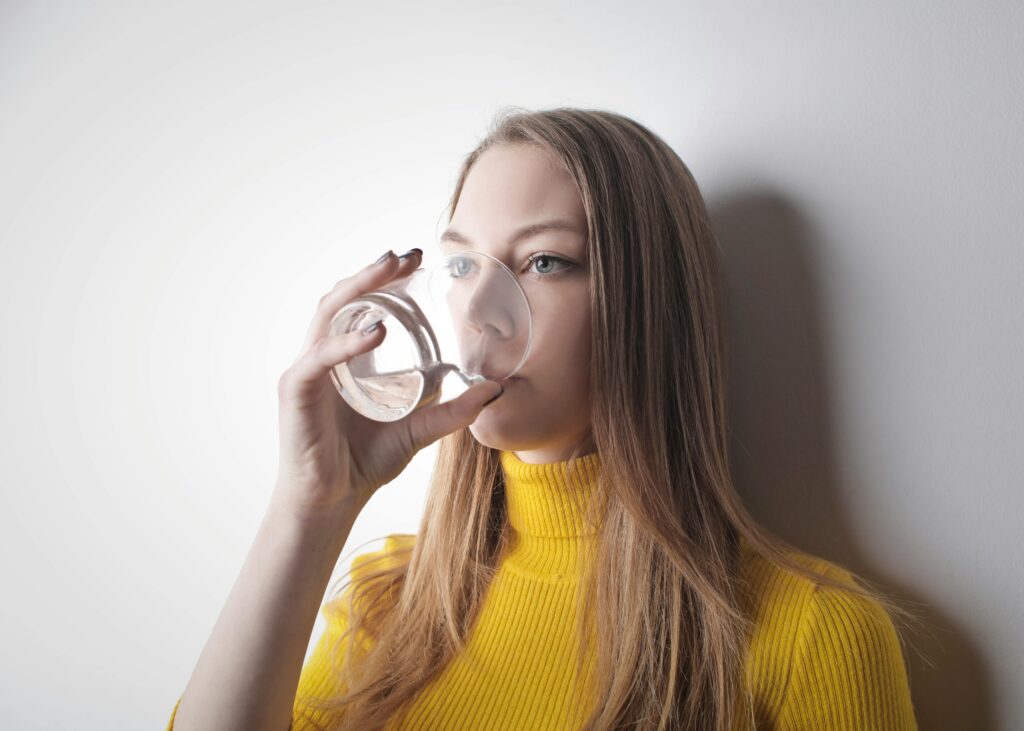
- Myth 1: Everyone Needs 8 Glasses of Water a Day
As much as the experts have suggested the requirement of taking eight glasses of water per day, not everyone adheres to this. It can be attributed to the fact that every individual has a daily water need that depends on a number of factors as talked about earlier. What is important is that you employ the general rules while having reconsiderations based on the existing conditions when it is necessary.
- Myth 2: Drinking Water Helps Lose Weight
Drinking water in the process of losing weight is beneficial as it can help one feel full and can enhance metabolism, but it is not a wish granting solution. They often should classify the water as a rather attractive food product which should be consumed within a correct diet pattern.
- Myth 3: You Can Only Hydrate with Water
Although water is the healthiest drink and recommended for regular intake other liquids that may be taken include herbal teas, milk, and even coffee form part of the recommended daily intake of fluids. Nevertheless, it is good to avoid all sweetened and sparkling beverages as well as alcoholic drinks because they have sweeping dehydrating tendencies.
- Myth 4: Clear Urine is the Best Indicator of Hydration
A clear urine usually suggests this is a sign of overhydration and this can cause an upset of the levels of electrolytes in the person’s body. Pale yellow color of the urine is generally considered to be more appropriate when it comes to concentration of the urine.
Special Considerations

- Children and Adolescents
The human body including the children and adolescents has different hydration needs from those of adults. Kindly advise them to take a lot of water often especially when doing vigorous exercise or in warm weather. Their requirement can be in the form of quantity which may depend on the age, weight, or activity levels of the people concerned.
- Elderly
This population also has a decreased sensitivity to the sensation of thirst hence they are potentially more at risk to dehydration. Therefore, it is recommended to promote the intake of water by the elderly and observe for the symptoms of dehydration.
- Athletes
Sweating makes your body lose water therefore athletes and people who do a lot of physical exercises require more water. They must take particular precautions regarding their water intake of water and replenishment of fluids shed during an exercise regimen.
Conclusion
It is important to know how many liters of water is recommended that one should take per day in order to have a healthy body. Unfortunately, the general guidelines are quite helpful, but it is always better to take into account age, activity level, climate, certain health issues, diet, and other peculiarities. Thus, appreciating the signs your body gives and applying useful pieces of advice on the consumption of water, you will be able to deliver the proper amount of the fluid to your organism and, thus, receive all the blended benefits of the corresponding degree of hydration.
As it is known, water is the source of life, and proper water consumption is, indeed, one of the best practices that can be implemented easily towards maintaining or improving one’s health. Therefore, hold a water bottle, drink some water, and ensure you incorporate enough water in your daily schedule.
